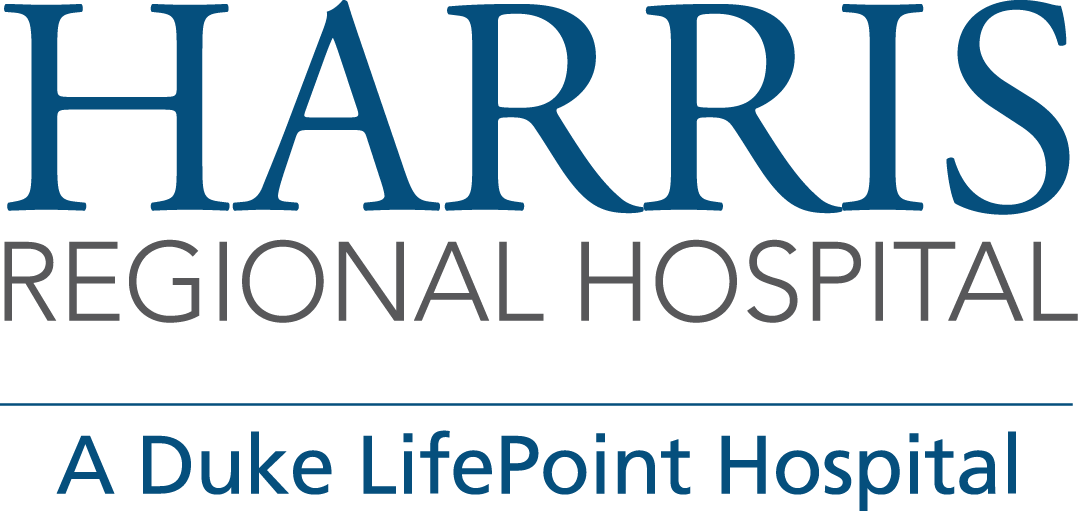Infection Prevention
Protecting your health and safety
Our hospital is committed to protecting the health and safety of our patients, employees, providers, volunteers and visitors. We have robust safety and infection prevention protocols in place year-round to help ensure the well-being of everyone who enters our hospital, including the following:
- Patients and visitors are screened for signs or symptoms of illness based on community transmission of viruses like influenza and COVID-19
- Hand hygiene products are easily accessible throughout the facility.
- Hospital-approved disinfectants (professional grade) are used to clean surfaces.
- Personal protective equipment is available, including face masks.
Additionally, here are a few things you can do to help protect your health and the health of our community:
- Wash your hands frequently.
- Avoid touching your eyes, nose and mouth.
- Stay up-to-date on recommended immunizations for your age group: https://www.cdc.gov/vaccines
- Practice physical distancing by staying 5 feet from others.
- Wear a mask when in crowded areas.
- Cover your mouth and nose with your elbow when coughing or sneezing.
- Get tested if you have signs of the flu or COVID-19 and seek treatment.
- Stay home from work, school or other activities if you feel unwell.
Managing COVID-19 and Flu
We continue to follow guidance from the Centers for Disease Control and Prevention (CDC) and our local/state health department to ensure a safe environment for everyone. You can help slow the spread of coronavirus and influenza by practicing good health habits! Follow CDC guidelines to help protect yourself and your loved ones and help slow the spread of these and other common illnesses in our community.
